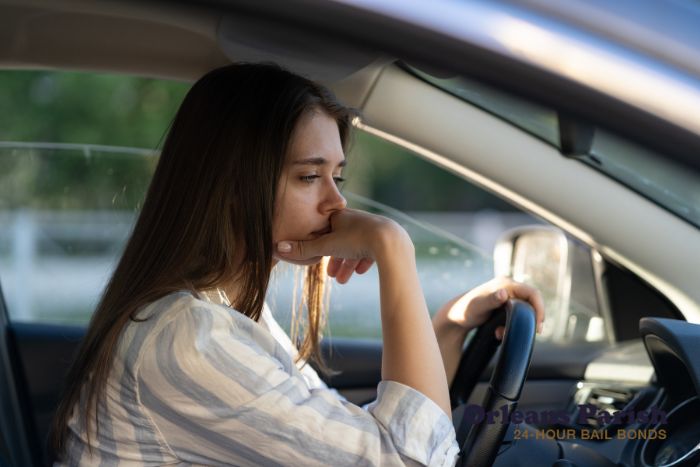
24 Jun Louisiana DUI Checkpoints: What’s Legal, and What’s Not
Driving under the influence (DUI) is a serious crime in Louisiana, and law enforcement officers are increasingly using DUI checkpoints to deter and detect impaired drivers. While DUI checkpoints are an effective tool for reducing drunk driving, they must be conducted in accordance with the law to ensure that the rights of motorists are protected.
Legality of DUI Checkpoints in Louisiana
DUI checkpoints in Louisiana are legal as long as they meet certain criteria established by the U.S. Supreme Court in the case of Michigan Dept. of State Police v. Sitz (1990). These criteria include:
Advance notice: The checkpoint must be publicized in advance to give motorists reasonable time to avoid it if they choose.
Neutral selection: The checkpoint must be located at a place where all motorists have an equal chance of being stopped, regardless of their race, ethnicity, or other protected characteristics.
Limited duration: The checkpoint must be conducted for a limited period of time to minimize the inconvenience to motorists.
Minimal intrusion: The checkpoint must be conducted in a manner that minimizes the intrusion on motorists’ privacy.
Rights of Motorists at DUI Checkpoints
Motorists who encounter a DUI checkpoint have certain rights, including:
To refuse a breathalyzer test: Motorists have the right to refuse a breathalyzer test, but doing so may result in an arrest and suspension of their driver’s license.
To remain silent: Motorists have the right to remain silent and not answer questions from law enforcement officers.
To have an attorney present: Motorists have the right to have an attorney present during the checkpoint stop.
What’s Not Legal
While DUI checkpoints are legal in Louisiana, certain practices are not permitted:
Excessive delays: Checkpoints cannot be conducted in a manner that causes excessive delays for motorists.
Discretionary stops: Law enforcement officers cannot stop motorists at a checkpoint based on their subjective beliefs about the motorist’s sobriety.
Racial profiling: Checkpoints cannot be used to target specific racial or ethnic groups.
Unreasonable searches: Checkpoints cannot be used as a pretext for conducting unreasonable searches of vehicles or motorists.
Consequences of Refusing to Stop at a DUI Checkpoint
Motorists who refuse to stop at a DUI checkpoint may face the following consequences:
Criminal charges: Refusing to stop at a DUI checkpoint is a misdemeanor offense in Louisiana.
License suspension: Motorists who refuse to stop at a DUI checkpoint may have their driver’s license suspended for up to one year.
Impoundment of vehicle: In some cases, law enforcement officers may impound the vehicle of a motorist who refuses to stop at a DUI checkpoint.
Conclusion
DUI checkpoints are a valuable tool for reducing drunk driving in Louisiana. However, they must be conducted in a manner that complies with the law and respects the rights of motorists. Motorists should be aware of their rights and responsibilities when encountering a DUI checkpoint and should drive responsibly to avoid any negative consequences.
